 By SHARON YAMATO
By SHARON YAMATO
It took an engaged scholar like Diane C. Fujino to tell the story of the lives of two extraordinary siblings — poet Mitsuye Yamada and Rev. S. Michael Yasutake — with a deep dive into turbulent radical Nisei waters.
Fujino’s previous work has included books on such audacious Japanese Americans as civil rights activist Yuri Kochiyama and prominent Black Panther member Richard Aoki. Always managing to cast a new light on Japanese American history, Fujino’s latest book, “Nisei Radicals: The Feminist Poetics and Transformative Ministry of Mitsuye Yamada and Michael Yasutake,” again challenges the traditional perception of Nisei as submissive assimilationists who became part of the so-called “model minority” following a war that threw them into concentration camps.
This time, Fujino has managed to find two unique individuals from the same family who demonstrated this Nisei rebelliousness in separate but equally vigorous ways.
Fujino spends the first chapters exploring the tumultuous events of both siblings’ early family lives in an attempt to determine how their respective experiences framed their journeys toward activism. The themes of separation, struggle, and conventional values dominate their childhoods, which could help explain both siblings’ lifelong rejection of racist and sexist politics in reaction to the struggles they endured.
Surviving three years of incarceration without their father, Kaichiro (Jack) Yasutake, who was imprisoned at two Department of Justice camps, they managed to persevere with their mother Hideko and two other siblings, Tosh and Joe, at the Minidoka camp in Idaho. The years of imprisonment, along with Mike’s insistence on resisting the draft, inevitably provided another important turning point in the direction of idealistic pacifism and racial justice.
While at Minidoka, Yamada wrote poems that resulted in her groundbreaking book “Camp Notes.” Published in 1976, well after Yamada managed to survive a terminal diagnosis of emphysema, the book ignited her prolific career as a teacher, political activist, and feminist. Never leaving her poetry behind, Yamada recently celebrated the publication of her latest book, “Full Circle,” which she wrote as she approached the age of 96. She turns 98 this July.

Aroused by the Third World women’s movement in the ’70s, Yamada dared to go beyond the Japanese American identity scripted in “Camp Notes” to forge a dynamic interracial pan-Asian feminist consciousness through her involvement in the Multi-Ethnic Literature of the United States (MELUS), International Women’s Year, and the first National Asian/Pacific Women’s Conference in 1980. In 1987, Yamada was elected to the National Board of Directors of Amnesty International, helping to organize the first Intersectional Conference on Women and Human Rights.
If Yamada veered toward pan-Asian feminist activism, her older brother followed a faith-based course on his complex and steadfast journey toward social justice. Starting out with a college ministry after becoming the first Japanese American ordained by the Episcopal Church in the Chicago diocese, Yasutake moved from youth counseling to military draft resistance at a time when the war in Vietnam was raging. His course took a more forceful turn in 1980 when one of Yasutake’s colleagues was arrested for involvement with a militant Puerto Rican revolutionary organization.
Realizing the need to resist unjust laws and structures that imprisoned political adversaries who sometimes chose violent means, he founded the Interfaith Prisoners of Conscience Project (IPOC) to shed light on Puerto Rico’s struggle for independence amidst colonization and repression — all while maintaining his faith in the ministry to support his humanitarian beliefs. What began as a desire to connect with political prisoners became an all-out effort to continue his ministry in some of the nation’s worst prisons while continuing to enlist others to do the same in their own local areas.
He spent many of his later years until his death traveling internationally to such countries as Japan, Peru, Cuba, and the Philippines to fight oppression from colonialism and imperialism.
Fujino is quick to point out she has a deeply personal and activist alliance with her two subjects. In fact, Fujino and her husband were among those Yasutake recruited to visit inmates at a prison in Lompoc. The roots of Fujino’s own activism date back to her student days at UCLA studying under influential Asian American scholar Yuji Ichioka. Ichioka encouraged this Sansei to delve into her family’s own immigrant history by writing a historical biography of her paternal grandfather, which in turn led to her pivoting away from the camp story to explore the larger canvas that Asian American activism provided. The results have been her ongoing interest in Afro-Asian, Black Power, and Third World studies.
Currently a professor at UC Santa Barbara, she is working on a book on early Cold War Japanese American activism that features the seminal Nisei Progressives, a postwar group of free-thinking second-generation Japanese Americans who emerged from the camp years to fight for everything from redress and reparations to broader causes like immigration rights and nuclear control while reaching out to all communities of color.
In singing her praises for Nisei activists like Yamada and Yasutake, Fujino continues to disrupt the traditional notion of this so-called “quiet” generation’s passivism. She extols those Nisei who transcend their own unjust histories to fight for dignity for all oppressed people, regardless of race or gender. As a scholar and historian, Fujino signals her mission to enlighten others to the risk-taking commitment of these unruly activists in order to offer a broader and more complete history of the Nisei generation.
Fujino will be featured in an online conversation with activist minister Ron Fujiyoshi and community organizer Miya Sommers on June 5 at 2 pm. Sponsored by the Japanese American National Museum, the program is free but registration is required at https://www.janm.org/events. As part of the program, Yamada will also be seen in an interview with Fujino.
—————-
Sharon Yamato writes from Playa del Rey and can be reached at [email protected]. Opinions expressed in this column are not necessarily those ofThe Rafu Shimpo.
Previous:'Helldivers 2' EAT
 ENCE eliminate fnatic from Elisa Masters Espoo
ENCE eliminate fnatic from Elisa Masters Espoo
 Giant Robot Biennale 4 Opens This Weekend at JANM
Giant Robot Biennale 4 Opens This Weekend at JANM
 Miné Okubo’s Artwork, Ansel Adams’ Photographs at Skirball
Miné Okubo’s Artwork, Ansel Adams’ Photographs at Skirball
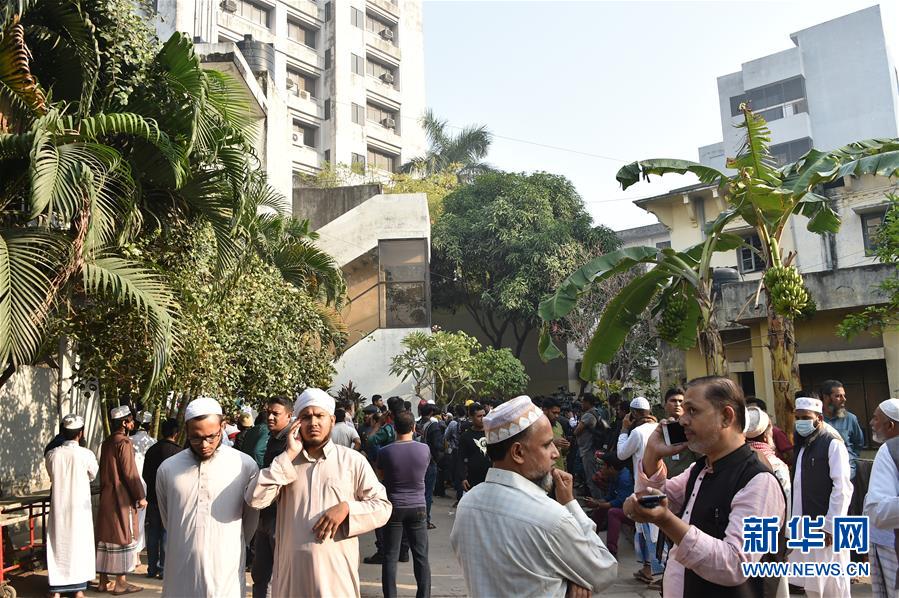 Forward the Foundation: XT.com Celebrates 4th Founding Anniversary
Forward the Foundation: XT.com Celebrates 4th Founding Anniversary
 Learning from a Koto Legend at Nishi Center in Little Tokyo
Learning from a Koto Legend at Nishi Center in Little Tokyo
 Watanabe, Kikuchi Featured in ‘Shanghai’
Watanabe, Kikuchi Featured in ‘Shanghai’
 Giant Robot Biennale 4 Opens This Weekend at JANM
Giant Robot Biennale 4 Opens This Weekend at JANM
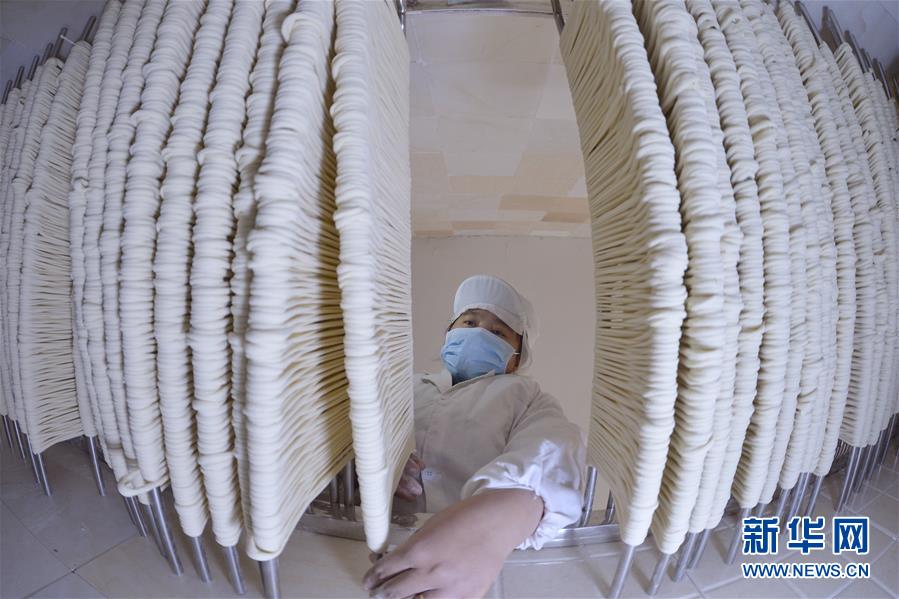 Toon Finance's Ethereum PancakeSwap Version To Raise 10M in Presale
Toon Finance's Ethereum PancakeSwap Version To Raise 10M in Presale
 Heroic take down MOUZ to qualify for IEM Cologne's group stage
Heroic take down MOUZ to qualify for IEM Cologne's group stage
 MANAA Blasts Ridley Scott for Taking Asian American Actors Out of ‘The Martian’
MANAA Blasts Ridley Scott for Taking Asian American Actors Out of ‘The Martian’
 Trimming the Trees
Trimming the Trees
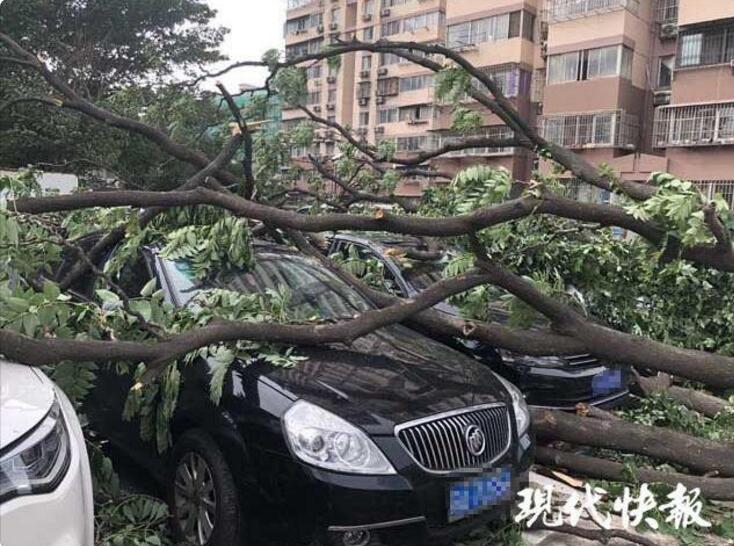 Octus Bridge joins Solana ecosystem, rises to the most popular platform
Octus Bridge joins Solana ecosystem, rises to the most popular platform
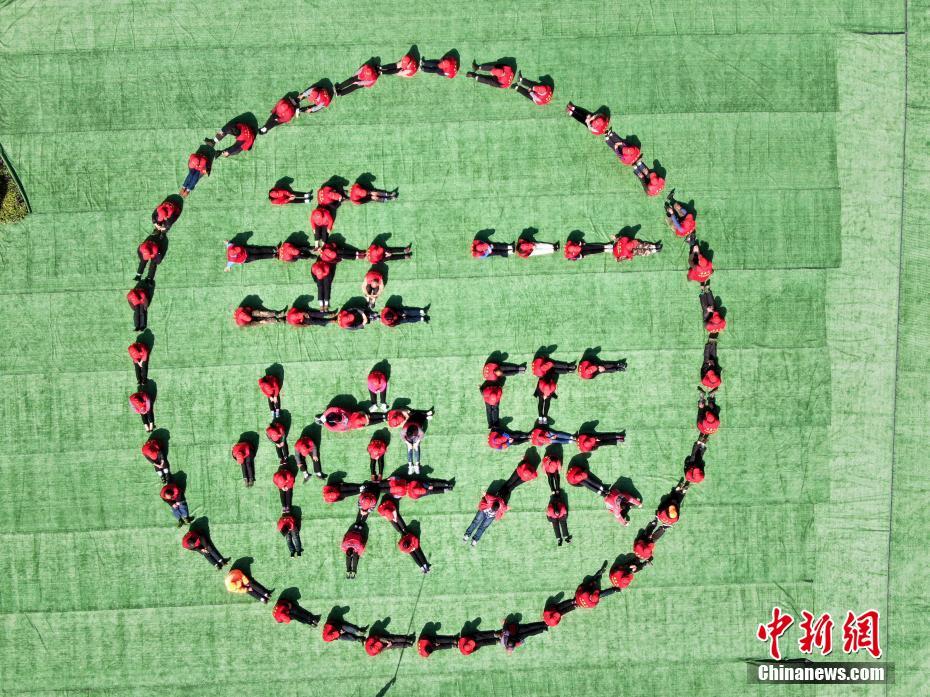 Kleks Academy Transforms the Cinema Industry via NFT Technology
Kleks Academy Transforms the Cinema Industry via NFT Technology
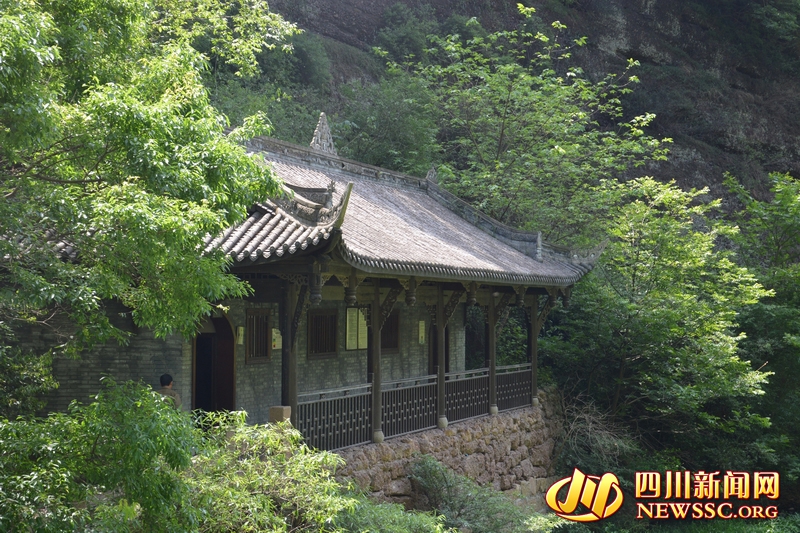 Wafini NFT Marketplace On Cardano Readies For Seed Sale
Wafini NFT Marketplace On Cardano Readies For Seed Sale
 fnatic celebrate return to Majors with victory over Cloud9
fnatic celebrate return to Majors with victory over Cloud9
 Eisaa at OAA
Eisaa at OAA
![Lekr0: "[Winning IEM Katowice] was huge for me and my confidence"](https://img-cdn.hltv.org/gallerypicture/44KVr6P7YoOn1RlDPxazzl.jpg?auto=compress&ixlib=java-2.1.0&q=75&w=800&s=70fd65f9a3d9e28ceec235783cf04dc5) Lekr0: "[Winning IEM Katowice] was huge for me and my confidence"
Lekr0: "[Winning IEM Katowice] was huge for me and my confidence"
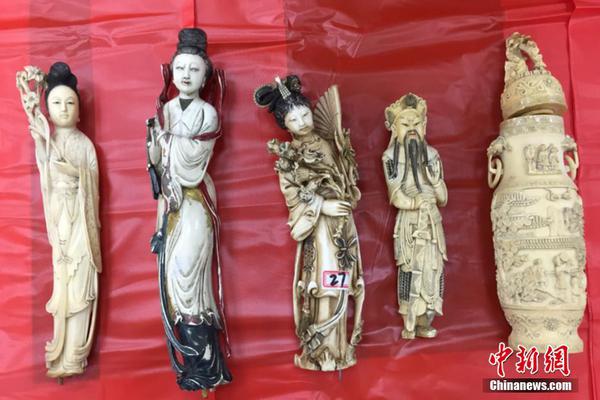 What Can PrimeXBT iOS and Android App Do for You?
What Can PrimeXBT iOS and Android App Do for You?
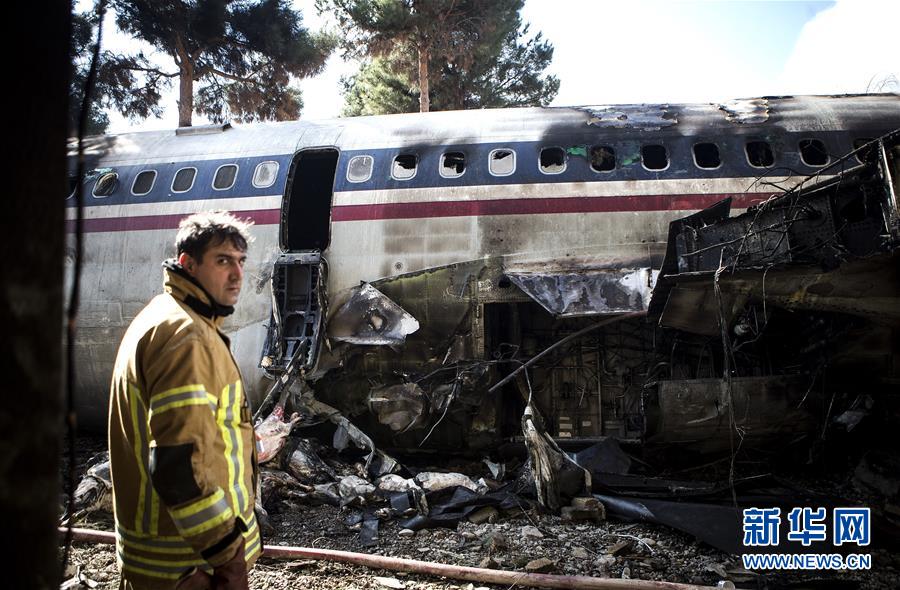 SXSW 2024: Positive+1 is more than just a social media app
SXSW 2024: Positive+1 is more than just a social media app
 Giant Robot Biennale 4 Opens This Weekend at JANM
Giant Robot Biennale 4 Opens This Weekend at JANM
Tom Hanks is not really quarantined with Wilson, the ball from 'Cast Away'Voting on Los Angeles' new machines was a messCoronavirus panicEtsy sellers are furious over new mandatory ad feesMarnie The Dog, beloved Shih Tzu, has died at 18Witness Bernie Sanders' very relatable clothes chairElizabeth Warren put Michael Bloomberg on blast in the debate, and the internet loved itWorld Health Organization is using TikTok to dispel coronavirus rumorsEscaped baboons go on the run, Twitter goes wild with primate jokesMood and habit tracker Tangerine is simple, pretty, and as chill as you want it to be Elizabeth Warren is literally running in the latest 2020 campaign meme The false opulence of the cheat day video Here’s why everyone’s talking about 'Christian Girl Autumn' Stephen Fry tweets a brutal takedown of UK prime minister Boris Johnson Harry Potter fans think Elizabeth Warren has Big McGonagall Energy Family vlog channel sells creepily lifelike dolls modeled after their newborn baby Look at these service dogs enjoying the theater This soothing latte art video is peak relationship goals Why is everyone identifying as a sapiosexual on dating apps? Kombucha girl had a wild weekend recreating her famous meme for fans
0.19s , 14324.7421875 kb
Copyright © 2025 Powered by 【free sex video daughters boy friend fucks her mom with her】THROUGH THE FIRE: Radicalization of the Nisei,Global Hot Topic Analysis